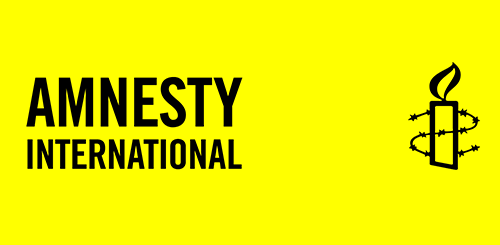Responding to the killing of at least one individual and the spate of attacks against Muslim-owned businesses, mosques and houses in several parts of Sri Lanka, Amnesty International’s South Asia Researcher, Thyagi Ruwanpathirana said:
“The Sri Lankan authorities must protect the country’s Muslim minority as it is being targeted by mobs in horrific attacks on their homes, mosques and businesses in the wake of the Easter Sunday massacre. The authorities must take steps to promote unity in diversity against the forces of hatred, those promoting fear and violence, and pitting communities against each other.
“The authorities must put the protection of human rights at the heart of its response and prevent further violence, including holding the suspected perpetrators of earlier attacks accountable. In particular, prosecutions must also meet international fair trial standards.
“It is alarming to see reports that those suspected to be involved in the March 2018 anti-Muslim violence may have been involved in these recent attacks as well.
“These attacks did not emerge out of a vacuum. There were clear signs that a backlash against Muslims was underway and the authorities could have acted on reports of threats earlier, potentially preventing much of the violence over recent days.”
Background
On 21 April, more than 250 people were killed and hundreds injured when bombers from a local Islamist armed group affiliated to the so-called Islamic State targeted three churches and three hotels on Easter Sunday.
Despite heightened security measures in the country, including intermittent bans on social media and a discriminatory ban on face-veils, there have been frequent reports of anti-Muslim attacks in many parts in the country.
On 13 May, the government imposed a countrywide curfew following reports of widespread attacks against Muslim-owned businesses, homes and mosques. Amith Weerasinghe who has been arrested on 14 May in connection to the attacks was also one of the people previously arrested, and later released on bail in 2018 for his role in anti-Muslim attacks in Digana.






















